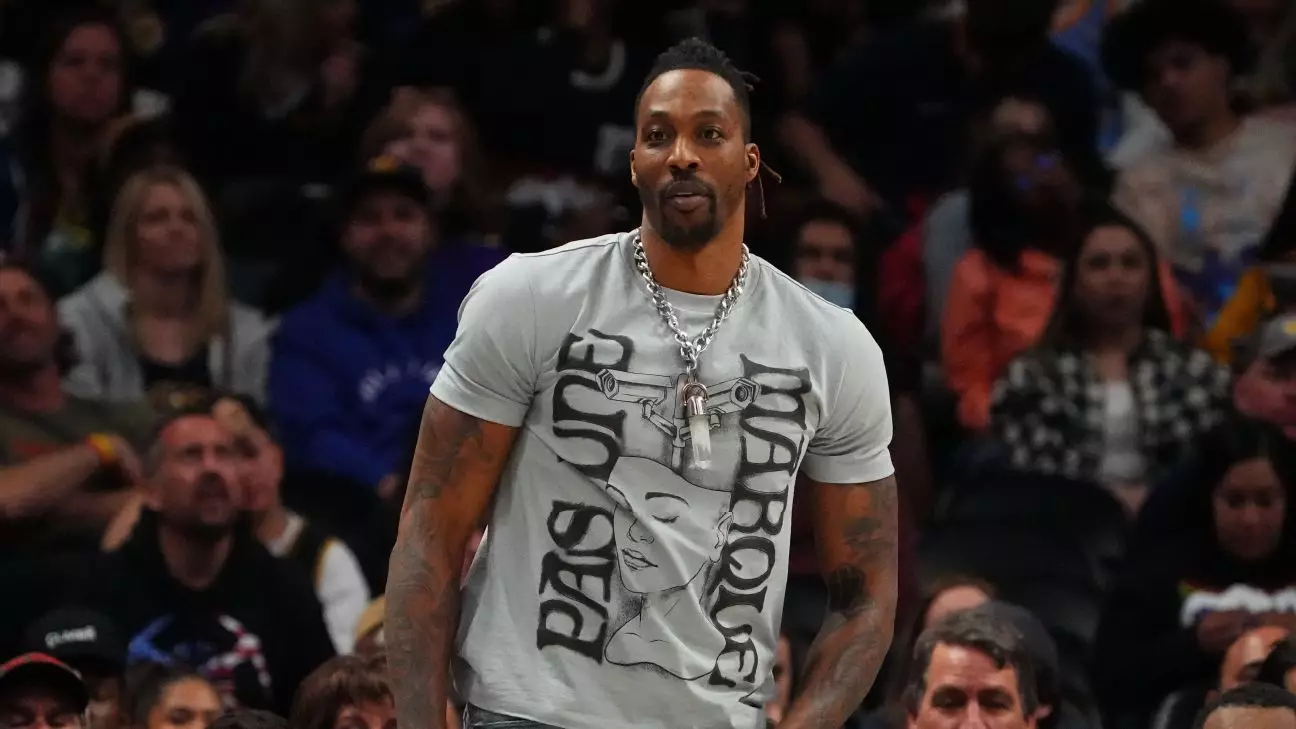In a startling intersection of sports and criminality, a federal jury in Manhattan has found Georgia businessman Calvin Darden Jr. guilty on multiple counts of fraud related to two former NBA players, Dwight Howard and Chandler Parsons. Darden’s actions represent not just a breach of trust, but a significant financial fraud scheme that has left the accused victims reeling. The jury’s verdict, which took five hours after a two-week trial, reveals the precarious nature of trust and investment within the high-stakes world of professional sports.
Darden was convicted of fraud, bank fraud, money laundering, and conspiracy, as he orchestrated elaborate schemes alongside former NBA agent Charles Briscoe, who admitted guilt in the matter the previous year. The prosecutors’ compelling evidence painted a clear picture of betrayal as former All-Star Dwight Howard transferred $7 million to Darden under the false pretense of supporting a bid to purchase the WNBA franchise, the Atlanta Dream. In an equally tragic twist, Chandler Parsons fell victim to a fraudulent investment linked to the career development of James Wiseman, a prominent former No. 2 NBA draft pick.
The government’s case indicated a staggering conversion of funds, revealing that Darden misused approximately $6.1 million of Howard’s funds for personal luxuries—including a Lamborghini, a grand piano worth $110,000, and even high-end watches. These extravagant purchases starkly contrast the expectations of prudent investment in the athletic realm, showcasing Darden’s reckless behavior that ultimately led him further away from the values associated with the sports industry.
The implications of this case extend beyond Darden’s conviction; it raises essential questions about the vulnerability of high-profile athletes in financial dealings. Howard’s and Parsons’ experiences serve as cautionary tales for fellow athletes who often deal with complex financial transactions and investments. The courtroom saga highlights how athletes, regardless of their impressive earnings, can fall prey to deceptive schemes, underscoring the necessity for financial literacy and the importance of engaging trustworthy financial advisors.
Moreover, Darden’s previous conviction in 2016 for similar fraudulent activities raises concerns about the effectiveness of oversight mechanisms in preventing such actions from recurring. Given the backdrop of shifting power dynamics within the sports and investment communities, the need for stringent regulatory measures to protect athletes is more pressing than ever.
In light of the verdict, prosecutors plan to request a substantial sentence ranging from 11 to 14 years, a response that reflects the severity of Darden’s actions. This conviction is part of a broader pattern of legal actions taken by the Southern District of New York against fraudulent financial practices in the realm of professional sports. As investigations continue, the case may uncover more hidden layers of exploitation, especially with the upcoming trial of former Morgan Stanley financial advisor Darryl Cohen, who faces allegations of defrauding Boston Celtics star Jrue Holiday, among others.
In a world where financial integrity can be overshadowed by greed, the hope remains that the outcomes of these cases promote increased vigilance within the professional sports community and foster a culture that prioritizes accountability and ethical financial practices.

